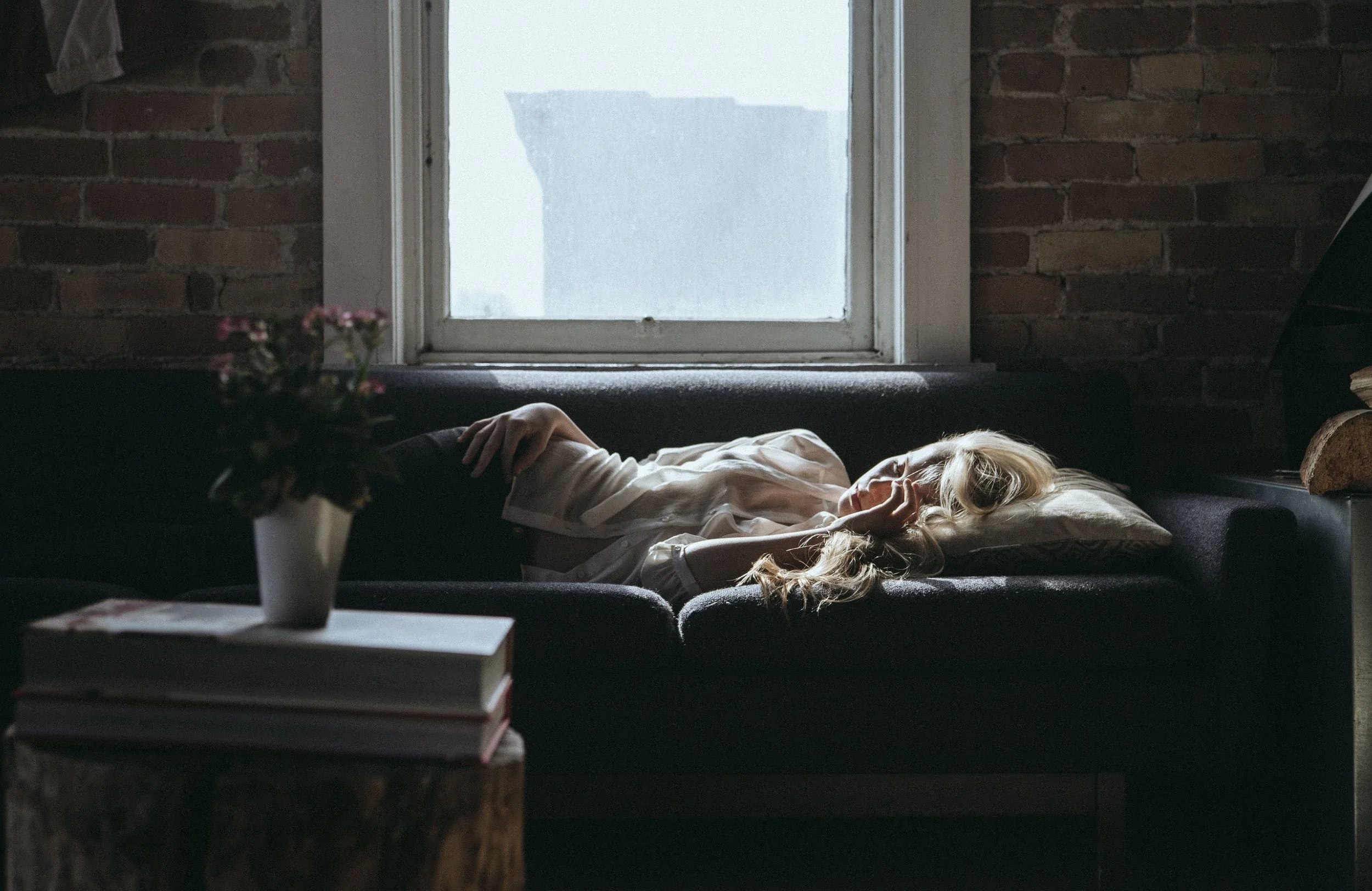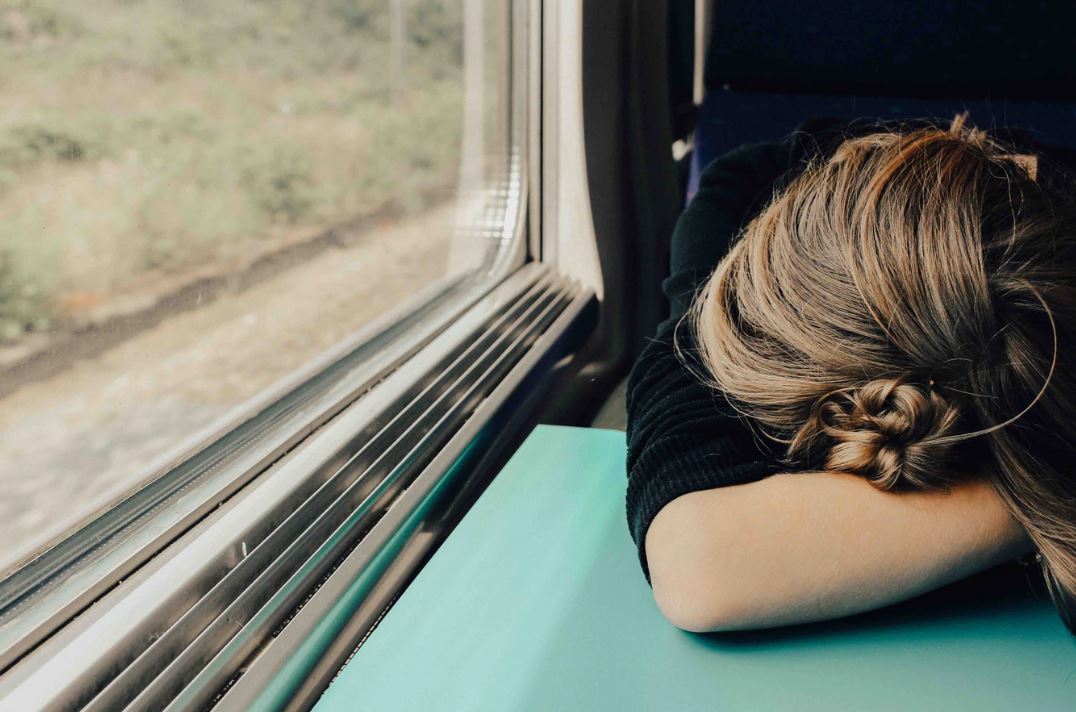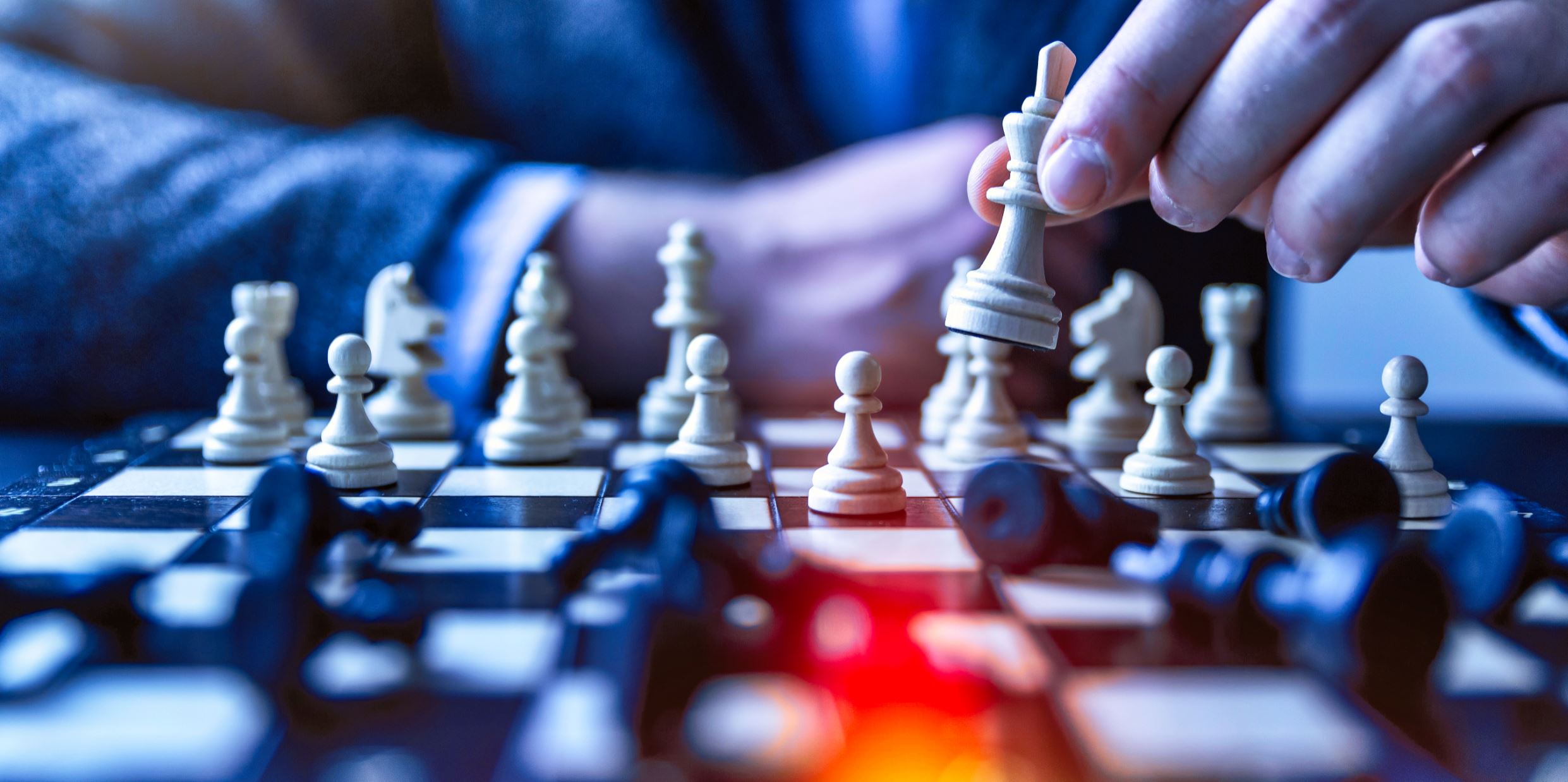How important is it to consider a romantic partner’s genetic profile before getting married?
A pill for loneliness? If only it were that simple
Does cannabis cure cancer? We asked an expert
For thousands of years people have used cannabis for recreational, ritualistic and medicinal purposes. In the modern era, the latter property excites a lot of people, and there is no shortage of wild claims about the supposed medical benefits of the plant. Of all the claims, perhaps the most bold is the assertion that cannabis can cure cancer.
Our artificial cornea breakthrough could lead to self-assembling organs
Beer before wine and you’ll feel fine? No you won’t says new study
Skipping breakfast may help you lose weight - what hunter gatherers can teach us
Breakfast, we are told, is the most important meal of the day. Over the last 50 years, we have been bombarded with messages extolling the health benefits of processed cereals and porridge oats. We are told breakfast helps us reduce weight by speeding up our metabolism – this helps us avoid hunger pangs and overeating later in the day.
New pill can deliver insulin
Health Check: do we really need to take 10,000 steps a day?
Regular walking produces many health benefits, including reducing our risk of heart disease, type 2 diabetes and depression. Best of all, it’s free, we can do it anywhere and, for most of us, it’s relatively easy to fit into our daily routines. We often hear 10,000 as the golden number of steps to strive for in a day. But do we really need to take 10,000 steps a day?
Want to improve your mood? It’s time to ditch the junk food
What causes depression? What we know, don’t know and suspect
Alzheimer’s is linked to gum disease – but bad oral health is not the only culprit
Researchers find that sea air might help in the fight against cancer and cholesterol
What would happen if hospitals openly shared their prices?
Antibiotic resistant ‘superbug’ genes found in the High Arctic
Eight myths about meal-replacement diets debunked
Meal-replacement diets, where some meals are replaced with soups, shakes or bars, have been making a comeback. They first took off during the early days of space travel when the public became obsessed with the idea of a nutritionally complete meal in a single drink or bar. These products remained popular for most of the 70s and 80s, but gradually fell from favour as people began to question the health benefits of these diets.
Morning or night person? It depends on many more genes than we thought
Do you prefer to rise early with the lark or stay up late with the owl? Your preference turns out to be partly decided by your genes. Our genetic study of nearly 700,000 people has revealed new insights about the genetics of chronotype – our preference to rise early or sleep late – and how it influences our mental and physical health.
How to reduce your risks of dementia
It’s cold! A physiologist explains how to keep your body feeling warm
These brain cells make pain feel so bad
Our obsession with taking photos is changing how we remember the past
I recently visited the Hermitage in St Petersburg, Russia – one of the best art museums in the world. I was expecting to serenely experience its masterpieces, but my view was blocked by a wall of smart phones taking pictures of the paintings. And where I could find a bit of empty space, there were people taking selfies to create lasting memories of their visit.














